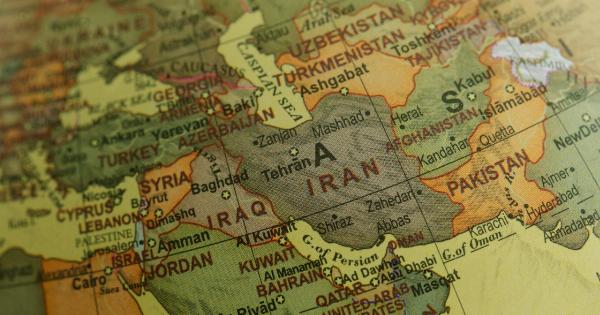Money has always been an essential aspect of human life. It’s a means to buy the things we need and desire.
It is an instrument that empowers us to enhance our quality of life, from the basics of food, clothing, and shelter to extravagant holidays or luxury cars.
But money isn’t everything. It’s commonly said that money cannot buy happiness, and while the truth in that declaration may fluctuate, the reality is that our relationship with money is complicated.
This article will examine the role money plays in our lives and explore its impact on our overall well-being and happiness.
The Link Between Money and Happiness
The relationship between money and happiness is a difficult one to navigate. While it’s true that money can make certain aspects of life more manageable, research has recognized a point where the connection between money and happiness declines.
Studies have suggested that the happiness that money brings in life appears to level off beyond a certain point.
A comfortable standard of living goes a long way towards happiness, but beyond that, it does not appear that more money equates to more happiness. This concept is frequently referred to as the diminishing marginal utility of wealth.
The Importance of Financial Stability
While money may not be the driving force behind happiness, financial security can be a vital aspect that contributes significantly to our overall well-being.
When we feel confident in our finances, we have fewer stresses and feel more control over our lives.
We’re less likely to experience anxiety and depression, and we can focus more on our relationships, passions and pursuits than on monetary issues.
It’s important to distinguish between financial stability and wealth when considering the connection between money and happiness.
Financial stability is more about having sufficient money to feel confident in the present and the future rather than an excessive amount of money.
The Role of Attitude in Happiness and Money Management
While money does play a part in happiness, it’s important to understand that our attitude toward money may have a more significant impact on our overall well-being than money itself.
Our state of mind and our sense of self-worth are factors that can influence the way we manage and approach money.
When we have a healthy relationship with money, it is easier to maintain financial stability, make sound financial decisions, and minimize financial stresses.
Additionally, our outlook on life can shape the way we approach money and our financial well-being. A positive outlook and gratitude for what we have are crucial factors in fostering happiness, no matter how much money we have.
The Pursuit of Material Possessions
While having enough money to support ourselves and our loved ones is essential, it’s crucial to recognize when our desires veer into the realm of the excessive and obsessive.
The pursuit of material possessions is a double-edged sword when it comes to happiness. On the one hand, buying something we’ve been looking forward to can bring us joy and a sense of fulfillment.
On the other hand, the constant need to accumulate things can lead to a never-ending cycle of wanting and dissatisfaction.
In many cases, acquiring material objects is based on a desire to attain social status, impress others, or feel validated.
There is a danger in associating happiness with the constant accumulation of things, as it puts financial and emotional pressure on us to keep up appearances and achieve an unsustainable level of affluence.
The 80/20 Rule and Money Management
The 80/20 rule, also known as the Pareto Principle, is a concept that suggests that 80% of results comes from 20% of the effort. This idea applies to money management as well.
By concentrating on the 20% of financial actions that bring the most significant results, you can achieve financial stability more efficiently and effectively, while freeing up more time and energy to focus on other aspects of life that bring you happiness.
Some examples of ways to apply the 80/20 rule to your financial life include:.
- Budgeting: By tracking your expenses and prioritizing the most important costs over frivolous spending, you can save more money and put it towards your savings.
- Investing: You don’t need to be an expert to invest, but taking the time to educate yourself on the basics and making informed decisions on where to put your money can yield significant profits over time.
- Debt: Keeping your debt manageable and under control can have a massive impact on your financial stability and overall sense of well-being.
The Conclusion
While money may not be the sole determinant of happiness, its role in our lives cannot be ignored.
Financial stability can go a long way towards minimizing stress and enhancing our quality of life, while a positive attitude is crucial in maintaining a healthy financial relationship and minimizing the negative effects of money management on our happiness.
By applying the 80/20 rule to money management and focusing on what truly contributes to our financial security, we can find a balance between our financial goals and our overall well-being.




























